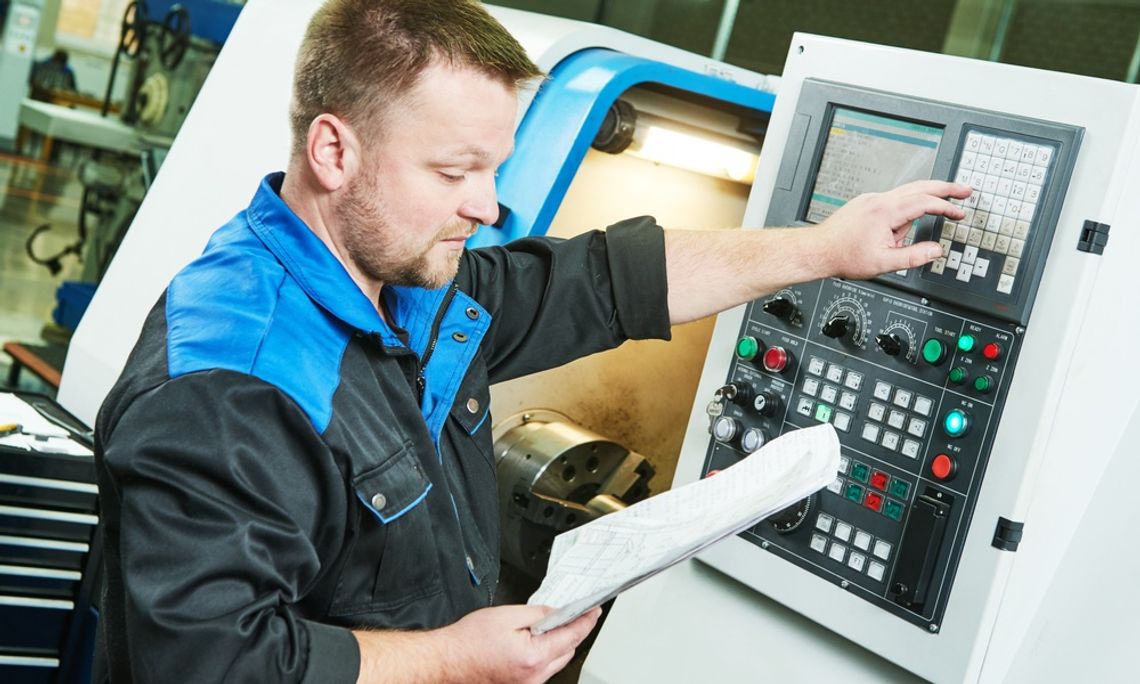It’s no secret that operating machinery demands focus, skill, and adaptability. However, the job has challenges that go beyond pushing buttons or following instructions. Excelling as a machine operator means mastering details that manuals and training overlook. As you explore these four things no one tells you about being a machine operator, you can grow your skills while staying efficient on the shop floor.
Your Eyes Are Your Best Asset
This sounds obvious until you’re the one monitoring multiple processes simultaneously. A machine operator’s job demands keeping a sharp eye on every detail. While working, notice the machine’s rhythm, watching for unexpected noise, vibration, or irregular movements. A minor issue could signal a larger problem, so acting promptly can prevent errors or accidents.
Staring at controls, screens, and moving parts for long periods can lead to eye strain. However, regular breaks keep you alert. Look away for a few seconds during pauses, allowing your eyes to reset. Additionally, wearing safety glasses for your equipment and environment makes a big difference in comfort and protection.
The True Impact of Posture and Handling
Handling machinery requires more than understanding the controls. Sustaining physically demanding tasks means taking care of your body, and good posture plays a huge part in that. Poor posture and improper handling can strain your back, shoulders, and wrists over time.
Standing or sitting with good posture is one of the many safety tips every machine operator should know. Stand with your feet shoulder-width apart, and keep your back straight when operating or monitoring equipment.
The tension you apply while working also affects your efficiency and safety. Applying too much force can throw the machine off balance or cause repetitive strain injuries. Stay cautious and follow guidelines for lifting heavy parts or maneuvering awkward tools.
Knowing the Machine Goes Beyond the Manual
Knowing the machine beyond its manual is another thing no one tells you about being a machine operator. While understanding the manual is essential, hands-on experience that will truly improve your efficiency.
Machines have quirks that the manual doesn’t cover. For instance, some might lag slightly when performing a particular task, while others might require additional lubrication under specific conditions. Take time to learn the subtle behaviors of the equipment. Over time, you’ll develop a feel for the machine, which helps you work smarter, not harder.
Communication Can Make or Break Your Day
Communication on the shop floor can seem straightforward at first. However, working in an environment with loud machinery, unclear signals, or missing instructions can lead to mistakes. In particular, a simple hiccup can disrupt production. Always confirm important details with your team, whether it’s verifying an order or confirming a machine maintenance schedule. When errors occur, sharing observations clearly and honestly can solve problems more quickly than placing blame.


Comment
Comments